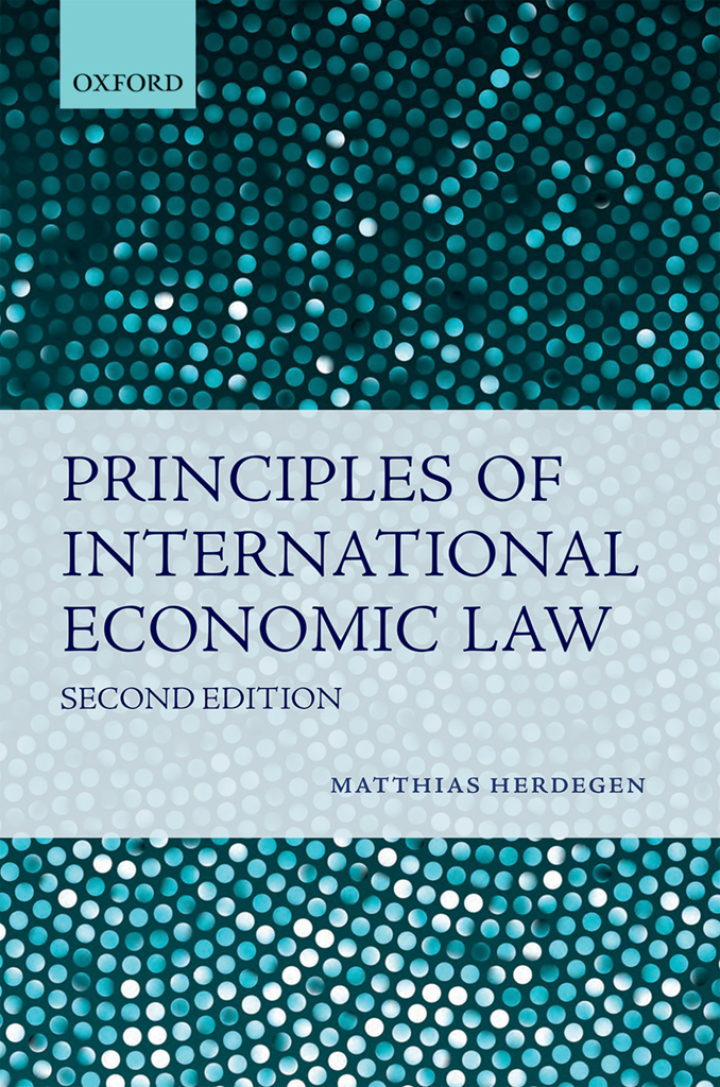Principles of International Economic Law 2nd Edition
$28.60
Attention: This is just ebook, Access Codes or any other Supplements excluded! / File Delivery: Sent Via Email within 24 hours!
SKU: b57c9269461c
Category: Law Textbooks
Description
-
Author(s)Matthias Herdegen
-
PublisherOUP Oxford
-
FormatPDF
-
Print ISBN
9780198790563, 0198790562 -
eText ISBN
9780198790563, 0198790562 -
Edition2nd
-
Copyright
- Details
Principles of International Economic Law provides a comprehensive overview of the central topics in international economic law, with an emphasis on the interplay between the different economic and political interests on both the international and domestic levels. Following recent tendencies, the book sets the classic topics of international economic law, like WTO law, investment protection, commercial law and monetary law in context with aspects of human rights, environmental protection and the legitimate claims of developing countries. The book draws a concise picture of the architecture of international economic law with all its complexities, without getting lost in fragmented details. Providing a perfect introductory text to the field of international economic law, the book thoroughly analyses legal developments within their wider political, economic, or social context. Topics covered range from codes of conduct for multinational enterprises, to the human rights implications of the exploitation of natural resources. The book demonstrates the economic foundations and economic implications of legal frameworks. It puts into profile the often complex relationship between, on the one hand, international standards on liberalization and economic rationality and, on the other, state sovereignty and national preferences. It describes the new forms of economic cooperation which have developed in recent decades, such as the growing number of transnational companies in the private sector, and forms of cooperation between states such as the G8 or G20. This fully updated second edition covers new aspects and developments including the growing importance of corporate social responsibility, mega-regional-agreements like CETA, TTIP, and TPP, trade and investment related aspects of human rights law.





